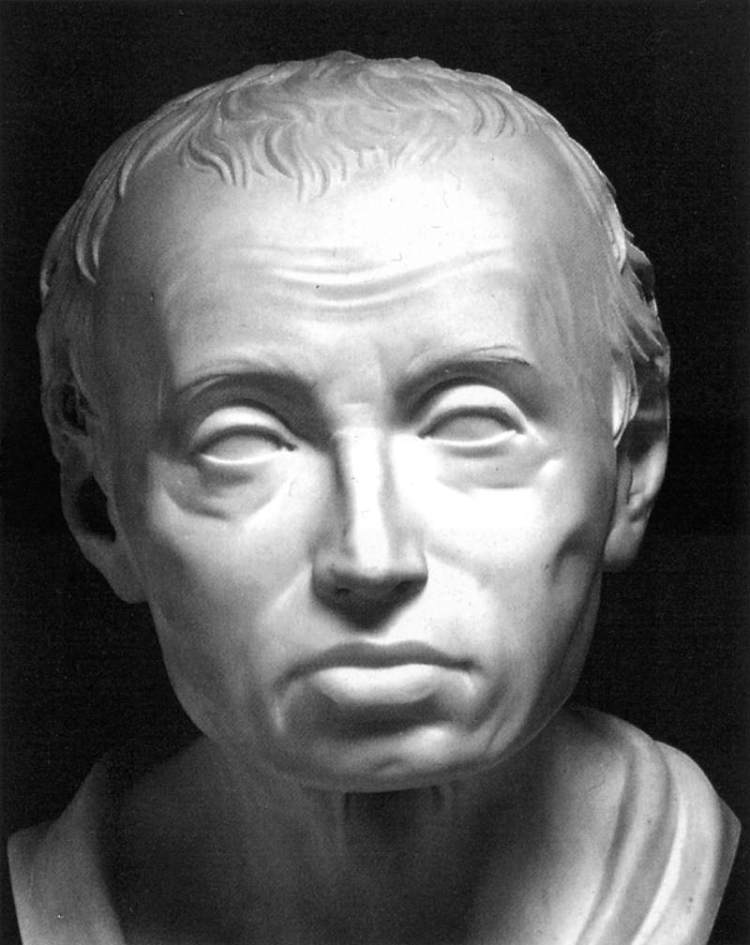The ‘thing-in-Itself’
In the theory of knowledge, as in every other sphere of science, we must think dialectically, that is, we must not regard our knowledge as ready-made and unalterable, but must determine how knowledge emerges from ignorance, how incomplete, inexact knowledge becomes more complete and more exact.
Once we achieve the point of view that human knowledge develops from ignorance, we shall find millions of examples of it just as simple as the discovery of alizarin in coal tar, millions of observations not only in the history of science and technology but in the everyday life of each and every one of us that illustrate the transformation of “things-in-themselves” into “things-for-us”, the appearance of “phenomena” when our sense-organs experience an impact from external objects, the disappearance of “phenomena” when some obstacle prevents the action upon our sense-organs of an object which we know to exist. The sole and unavoidable deduction to be made from this – a deduction which all of us make in everyday practice and which materialism deliberately places at the foundation of its epistemology – is that outside us, and independently of us, there exist objects, things, bodies and that our perceptions are images of the external world.
V.I.Lenin, Materialism and Empirio-criticism: Critical Comments on a Reactionary Philosophy, Progress Publishers, Moscow, 1975, 88
Part two/to be continued…

